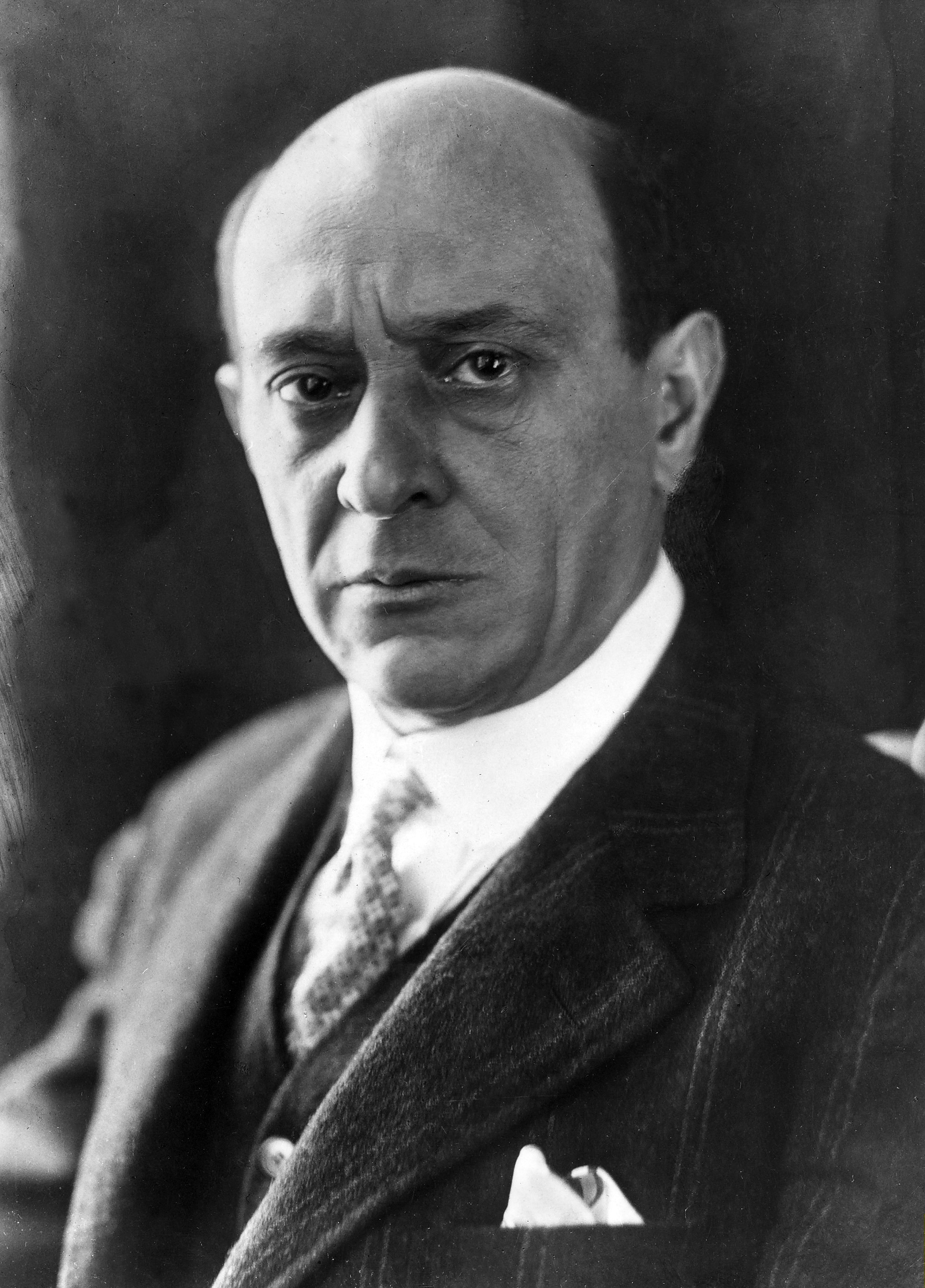Erwartung, << ehr VAHR toong, >> is a tragic opera in one act by the Austrian composer Arnold Schoenberg (see Schoenberg, Arnold ). Its title is the German word for expectation or suspense. The libretto (text), in German, was written by the poet Marie Pappenheim. Although Schoenberg composed Erwartung in 1909, it remained unheard for 15 years. It received its first performance in Prague (now the capital of the Czech Republic) on June 6, 1924.

Erwartung is a monodrama (a drama for one performer). In this opera, the performer is a nameless woman (soprano), accompanied by full orchestra. The text consists of the woman’s half-mad ravings as she searches through a forest for her lover. It is night. She thinks she hears someone weeping. She comes across what she thinks is a dead body but finds that it is just a log. She imagines that she is being watched. Then she believes that the moon is chasing her. Eventually, she arrives at the house of her rival and finds her lover, murdered by the other woman. Hysteria grips her. She falls upon her lover’s corpse, smothering it with kisses, dementedly railing against her rival. Finally, the woman leaves.
Although it has rarely been performed, Erwartung is regarded as one of the most important works in the development of music in the 1900’s. It is certainly one of the most experimental. The music is not in any key. It makes use of a freely floating melody in which no musical phrase is repeated. Its effect is the creation of a sense of rootlessness in which all points of reference are absent and all idea of time is lost. The audience is kept in a constant state of anticipation, waiting for something to happen.
